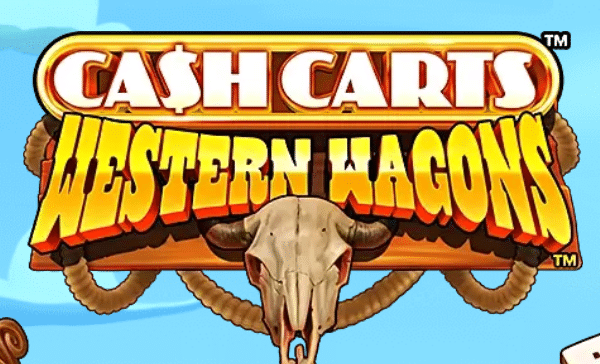TOP 5 Casino Game – The universe of online gambling clubs could appear to be overpowering at first to new players, including the Main 5 Testing Convoluted Club Games, going from gambling machine games online to different table games like roulette and blackjack. Like actual club, large numbers of these games seem basic right away, with moderately straightforward standards.
In any case, making progress in these games can very challenge, as some require ability, appreciation, and vital reasoning from the player. However, on the off chance that you can become proficient at the game, you’ll diminish the benefit the gambling club has and possibly arise as a champ.
Here, we’ve featured a portion of the trickier games to dominate on the web, alongside tips on leveling up your abilities and expanding your possibilities winning.

TOP 5 Casino Game 2024 You Need To Know
Blackjack
Blackjack is a well known game in club among the Main 5 Testing Convoluted Club Games, cherished by both new and experienced players. A few people market it to rookies as having one of the greatest RTPs (Return to Player), and that is not completely false. It’s additionally easy to comprehend — you want to arrive at 21 preceding the vendor does.
The direct idea makes it enticing for novices to bounce right in, yet jumping into online blackjack india without some skill can prompt superfluous misfortunes. To keep away from large misfortunes, a touch of learning is critical. Knowing when to give up is critical; it resembles taking a brilliant action to slice your misfortunes down the middle when things aren’t turning out well for you.
Another tip is to oppose the impulse to request one more card while you’re perched on 19 or 20 in web-based Gambling club Blackjack Variations. A few new players feel that an additional card will mystically get them to 21, yet as a rule, it causes more damage than great.
Craps
Craps is a popular club game, and its notoriety frequently comes from its appearances in motion pictures and Programs. This openness could give newbies the feeling that they can walk around a club and effectively overcome the game. At first, craps appears to be straightforward, yet as you dive in, it unfurls into a universe of intricacy, particularly with the large number of wagers accessible.
To foster a Superior Craps Wagering System, you want to get a handle on the terms normal players use. Not at all like numerous other club games, understanding the ‘poop language’ is fundamental in craps. One more test for players is the game’s tenacious speed. Dissimilar to comfortable games that permit time for insightful choices, poop comes at you quick, requiring fast moves absent a lot of time for profound thought.
Roulette
Roulette, with its exciting picture in the media, may appear to be a basic round of putting balls on irregular numbers to a large number. Notwithstanding, there’s something else to it besides what might be immediately obvious, and only watching others play will not uncover its complexities. Can we just be look at things objectively for a minute: gaining on the web roulette genuine cash india without any preparation can be a piece testing, demanding investment and persistence.
The intricacy of live roulette lies in its various decisions. While numerous gambling club games offer different potential outcomes, roulette takes it up a score. Past wagering on numbers 1 to 36, you can likewise bet on even, odd, red, or dark.
However, dominating the internet based roulette game guidelines implies understanding how to utilize these different choices for your potential benefit. The excursion might request tolerance, however one thing is sure: the work put will compensation eventually.
Baccarat
Online gambling club baccarat games are a piece like blackjack. There’s a player (you) and a vendor, called the broker. Be that as it may, here’s the cool part: in Baccarat, you can wager on three things: a tie, the broker, or the player.
Presently, we should discuss the cards. Cards from two to nine keep their standard qualities, yet tens are worth zero, and aces are consistently one. Toward the start, both the player and the broker get two cards. On the off chance that their absolute is under five, they can draw another card.
The objective is to get an all out as near nine as could really be expected. Furthermore, that is the way you win in baccarat – by having an all out nearer to nine than the other individual. Simple, correct?
This might interest you: How to Be Better at Baccarat?
Poker
Whether you’re playing poker on the web or at a customary club, scoring a simple success is only not possible. While getting the rudiments may be clear, turning into a poker master is where the genuine test kicks in. Trust me, adhering to the essentials won’t cut it for a really long time – misfortunes will fire stacking up.
There are various kinds of poker, similar to Texas Hold’em, Omaha, Seven-Card Stud, Five-Card Draw, and High Low Chicago. Each has its own principles and characteristics.
One central explanation poker is extreme is the opposition. Not at all like numerous other club games, poker is loaded with rivalry. It resembles genuine cash poker india players love to contend – there are competitions all over. What’s more, in these competitions, you’re going head to head against people similarly as ravenous for a success as you are. That can be really distressing.



















